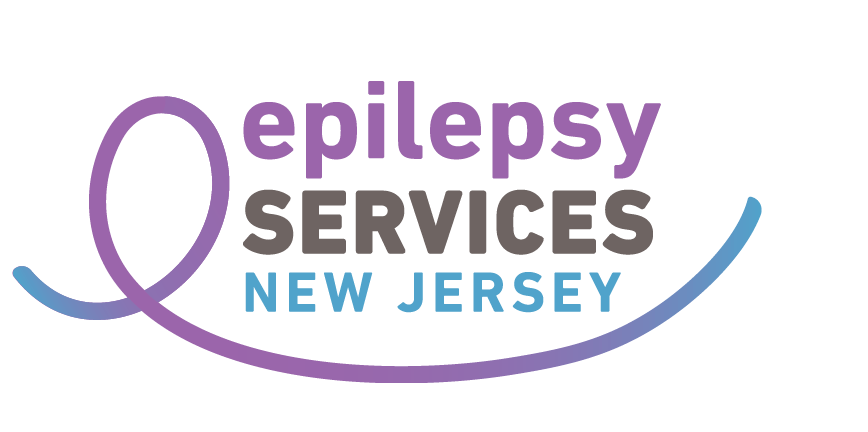Kids & Epilepsy
Epilepsy Throughout the Lifespan
Kids & Epilepsy
A seizure disorder is a kind of illness that only happens sometimes. It does not make you cough or sneeze, it does not mean you have to stay in bed, and it’s not the kind of illness that makes you feel sick inside.
A child who has seizure disorders feels just as healthy as any other person does most of the time, but sometimes there are seizures, and sometimes we call this epilepsy.
Seizures start in the tiny brain cells in your head. These cells, called neurons, tell your body what to do, and make your brain and body work. The cells send little signals to each other telling your body what to do, like run and jump, eat or drink. Most of the time your brain cells work the way they are supposed to, but sometimes if you have a seizure disorder, they may stop working they way the should for a very short period of time and send out mixed up signals.
This can last for a few seconds or a few minutes. This could make your arm shake without you wanting it to, it could make things around you look, or sound strange to you for just a moment, it might even make you stop and stare for a few seconds. Sometimes the mixed up signals from your brain can mix up the way your body works. The signals could make you fall down, make your muscles stiff, and then make your whole body shake for a few minutes. They could also make you move around as if you were sleep- walking. All of these changes in the way you feel or the things you do are seizures.
There are many, many types of seizures, and not everyone has the same kind. Each type of seizure has a special name. If you don’t know what kind of seizure you have, you can ask your parents or your doctor the special name for your kind of seizure.
Kids with seizures have to take medicines that will stop them from having seizures or lessen the amount of seizures they have. A doctor will tell what kind of medicine to take and how many times of day to take it. It’s important to take your medicines on time and when the doctor tells you. If you don’t take the medicine the way the doctor tells you, the medicine might not work. You can even ask your doctor or parent’s what the special name of the medicine you take is if you don’t know.
It’s Important to Remember:
• Seizures are not contagious!
• Kids with seizures can do all the same activities as other kids do.
• Kids with seizures can be in the same classes as other kids.
• Having seizures does NOT make you less smart!
• Never put anything in the mouth of someone who is having a seizure!
• You CANNOT swallow your tongue during a seizure!
When someone is having a tonic-clonic (grand-mal) seizure where they fall and begin to shake, remember T.R.U.S.T.!
T– turn the person on their side
R– remove all obstacles (ties, scarves, glasses)
U– use something soft to put underneath their head
S- stay with the person and stay calm!
T– time the seizure! If it lasts for over five minutes or it is the first seizure they’ve ever had, call 911!
And don’t forget to be a friend!
To learn about our TRUST- Seizure Recognition and First Aid program, please click here.
If you’d like to download the seizure action plan template in Spanish, please click here.
